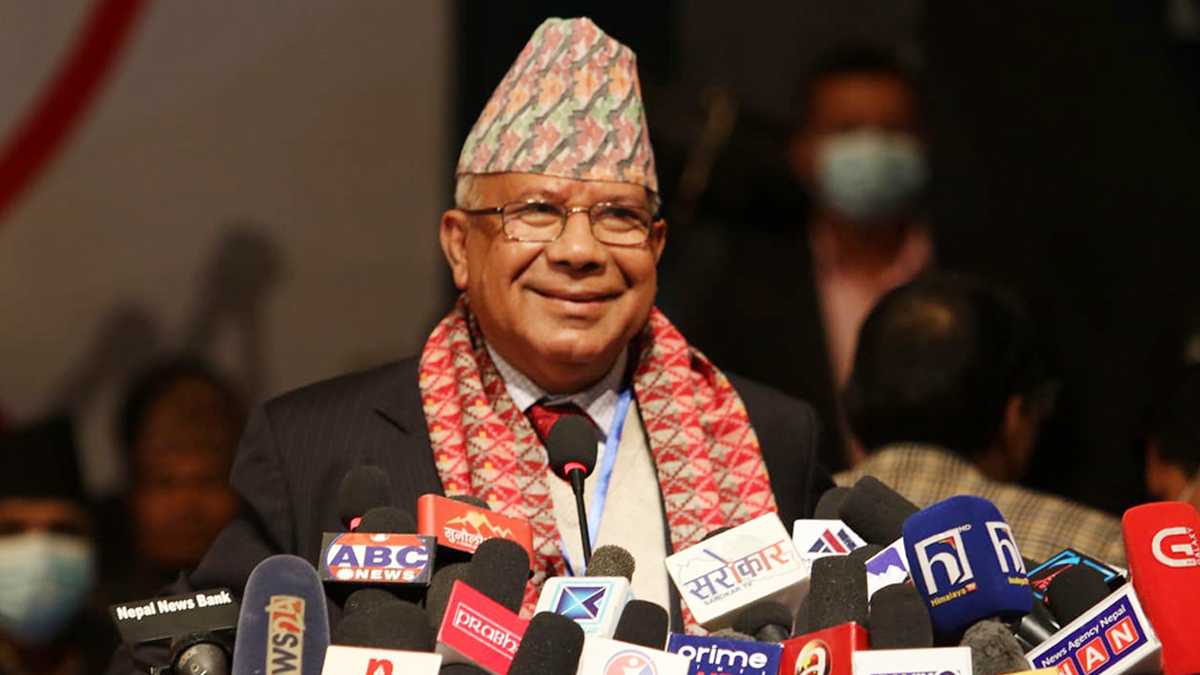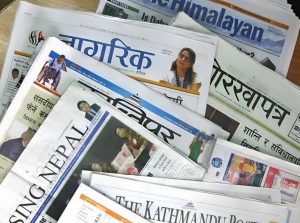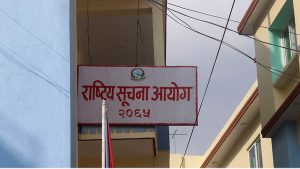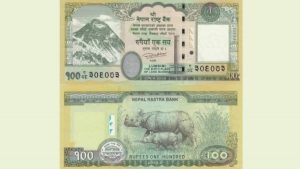
Unified Socialist Granted Chief Minister Position in Far West Province

The ruling coalition has decided to grant the chief ministerial position of the Far West Province to the Communist Party of Nepal (Unified Socialist. This decision comes after intense negotiations among the top leaders of the coalition.
Unified Socialist Chairman Madhav Kumar Nepal’s demand for a Chief Ministerial position during the recent coalition meeting proved fruitful, as the coalition leaders, including Prime Minister Pushpa Kamal Dahal and UML Chairman KP Sharma Oli, reached a consensus on granting Far West Province’s leadership to the Unified Socialist Party.
According to sources from Baluwatar, the meeting held on Monday finalized the agreement, marking a significant shift in the power dynamics within the coalition. Additionally, the coalition has agreed to implement a rotational system for the Chief Minister position in the Bagmati Province.
The imminent floor test in Bagmati Province, called by current Chief Minister Shalik Ram Jammakattel, is anticipated to result in a successful outcome following this latest coalition arrangement. Unified Socialist parliamentary party leader Krishna Khanal is poised to succeed Jammakattel as per the agreed deal.
The Unified Socialist Party, with a notable presence in various provinces, holds significant sway in provincial politics. With members in provinces such as Koshi, Bagmati, Gandaki, Karnali, Lumbini, and now Far West, the party’s influence continues to expand.
This decision reshapes the previous understanding of provincial power-sharing, as earlier agreements had designated the Chief Minister positions primarily to the UML and Maoist Center. However, the emergence of Unified Socialist Party as a key player underscores the evolving dynamics within the ruling coalition.
The coalition’s formation, nearly a year ago, witnessed shifts and realignments in alliances, with the recent inclusion of CPN (Unified Socialist) further solidifying the coalition’s strength. The decision to reconfigure the provincial leadership reflects the ongoing negotiations and adjustments within Nepal’s political landscape.
Prime Minister Dahal’s constitutional obligation to seek a floor test following the withdrawal of support from the largest party, NC, underscores the delicate balance of power within the coalition. As political maneuvers continue, the allocation of provincial leadership marks a significant chapter in Nepal’s political narrative.














Comments